Butterworth ‘Pinguicula Pumila’ ‘Pink’
$16.00 Original price was: $16.00.$11.20Current price is: $11.20.
SKU: YXJHZ 6072 Categories: Carnivorous Plants, Pinguicula (Butterworths)
- Uncompromising quality, every time.
- Quality Meets Affordability
- Free Shipping over $25
- Online customer care, always here for you.

Pinguicula pumila is a special carnivorous plant from the bladderworts family (Lentebulariaceae). It is the smallest species from the genus Pinguicula. This species is known for its rosette of oval to egg-shaped, light green to almost yellowish leaves, that only grows out to a maximum width of three centimeters. On top of the leaves, many tiny glands produce a very sticky substance. If small insects come in contact with this substance, escaping is almost inevitable. The leaves digest the insects and thereby compensating to the nutrient poor conditions the plants grow in. In spring, somewhere between April and May, this species could flower. Per rosette one flower stalk is produced, reaching a maximum length of around eighteen centimeters and carrying a solitary flower. The flower is purple with a yellow core and looks somewhat like a violet. Flowers could vary a lot in color, from light pink to deep purple, with or without the yellow core. There are no reports of flowers larger than one and a half centimeters. Propagation of this species is most commonly done by separating younger rosettes, forming at the base of mature plants. Also, harvesting seed and sowing is possible.
|
|
| Adult height: 5-10 cm |
| Adult width: 10 cm |
| Flower period: Jan-July |
| Product type: Plant |
| Plant type: Carnivorous |
| Growth habit: Normal |
| Growth rate: Normal |
| Araflora info: Introduction |
| Properties: Special |
| Natural habitat: North America |
| Altitude range: 0-500 m |
Be the first to review “Butterworth ‘Pinguicula Pumila’ ‘Pink’” Cancel reply
Related products
Sale!
Carnivorous Plants
Sale!
Carnivorous Plants
Sale!
Carnivorous Plants
Sale!
Carnivorous Plants
Sale!
Carnivorous Plants
Sale!
Carnivorous Plants
Sale!
Carnivorous Plants
Sale!
Carnivorous Plants




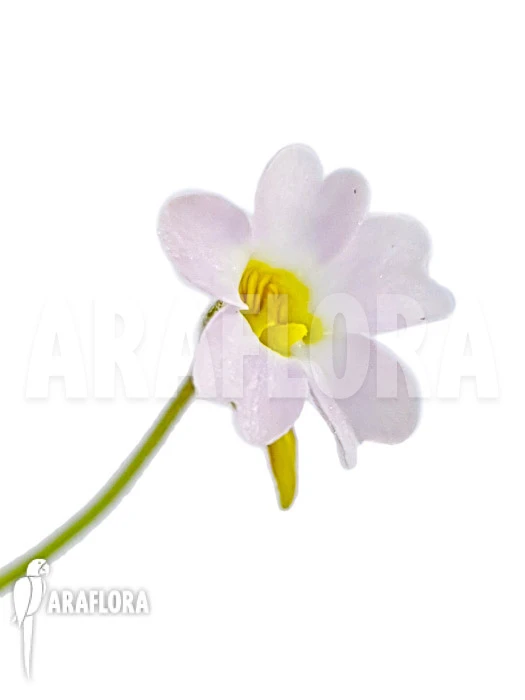
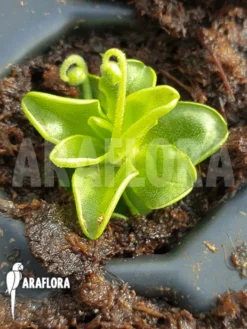
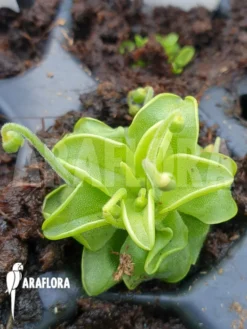
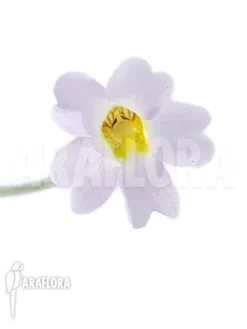
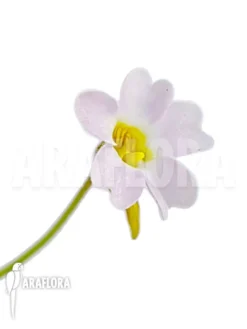

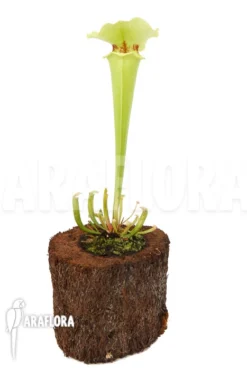
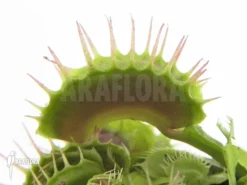


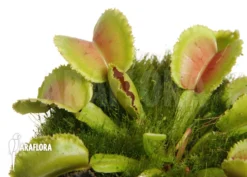
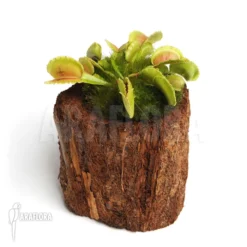
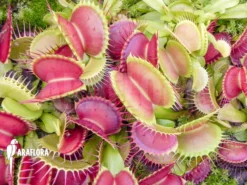
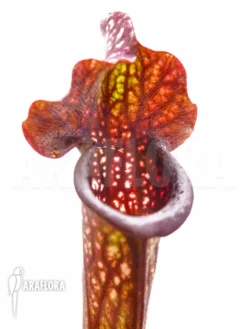

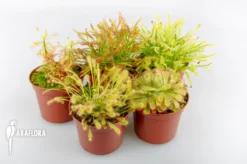
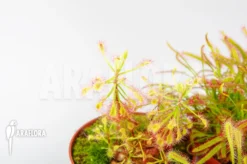


Reviews
There are no reviews yet.